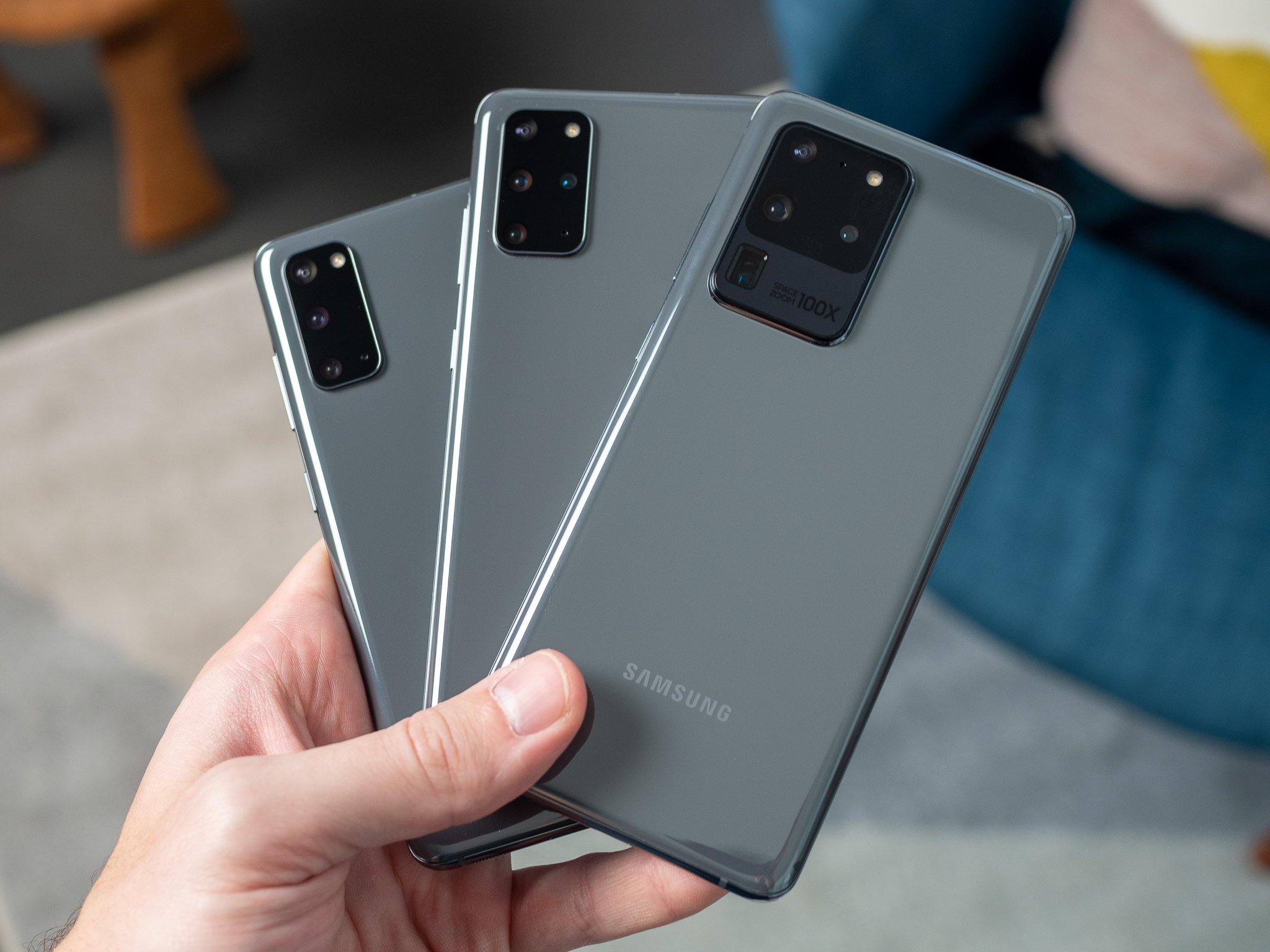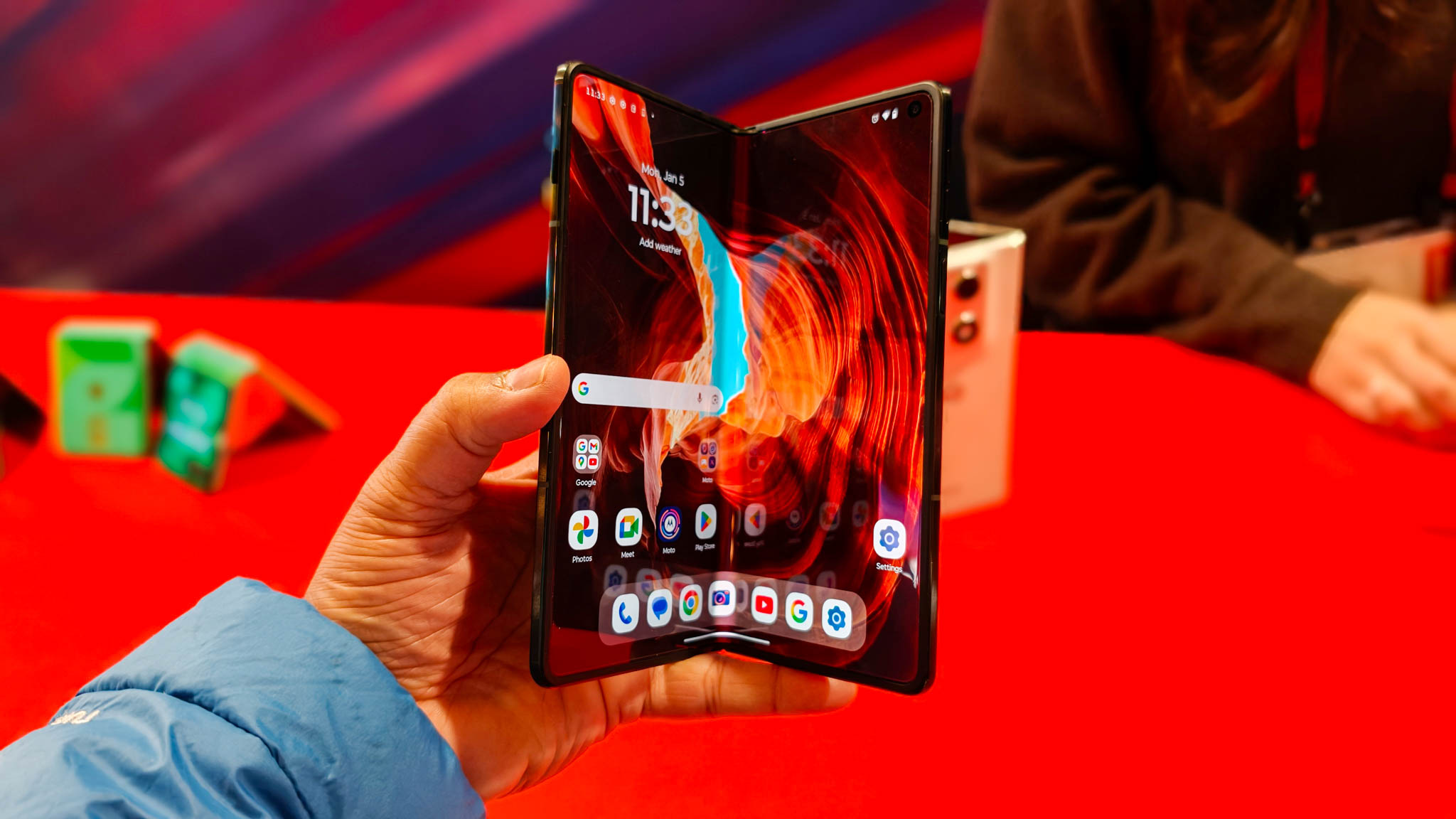Samsung's custom chip arm reportedly 'humiliated' over use of Snapdragon processors in Korean Galaxy S20

What you need to know
- Even Galaxy S20s sold in Samsung's home country sport a Snapdragon 865, instead of the company's own Exynos 990.
- This departure from tradition was a surprise and has apparently left the Exynos team feeling 'humiliated.'
- A recent petition, too, has asked Samsung to stop selling "inferior Exynos phones."
If you're a fan of sports, you know that there's nothing more embarrassing for a team than to lose a game despite having the home advantage. Well, that's probably how Samsung's LSI division, which designs the company's Exynos chips, is feeling right about now.
In a surprise departure from tradition, even the South Korean variants of the Galaxy S20 series this year are powered by a Snapdragon 865, instead of the company's homebrewed Exynos 990. This, according to Korean Economic Daily, came as a surprise to many and has reportedly left the LSI division feeling "humiliated."
Samsung's decision to eschew the Exynos 990 in favor of Qualcomm's offerings for its latest flagships was the result of subpar performance on the former SoC's part.
The rollout of 5G networks across the world further complicated things for the Exynos chip. Since Korea is one of the first countries to jump on the 5G bandwagon, and since the next-gen modems require far more power than 4G phones, battery life was a key concern for Samsung. The Snapdragon 865's improved power efficiency compared to the Exynos chips, it seems, was enough to convince the company to ditch its own SoCs in its home market for the first time.
It's important to note, though, that while this is quite a departure from the company's behavior thus far, the Exynos chips are here to stay, and the company will not stop selling these "inferior Exynos phones," as one petition put it, to customers.
Alongside its own phones, the company's also been making headway with convincing other phone makers, most notably Vivo, to use its chips in their phones. The presence of the Exynos lineup also allows Samsung to maintain some leverage over Qualcomm so that it's not entirely reliant on the chipmaker.
Hopefully, this 'embarrassment' will motivate the LSI division to improve the performance and power efficiency of their products so that they're no longer so far behind Qualcomm's wares that even Samsung's own mobile division has second thoughts about using an Exynos chip in their phone.
Get the latest news from Android Central, your trusted companion in the world of Android

